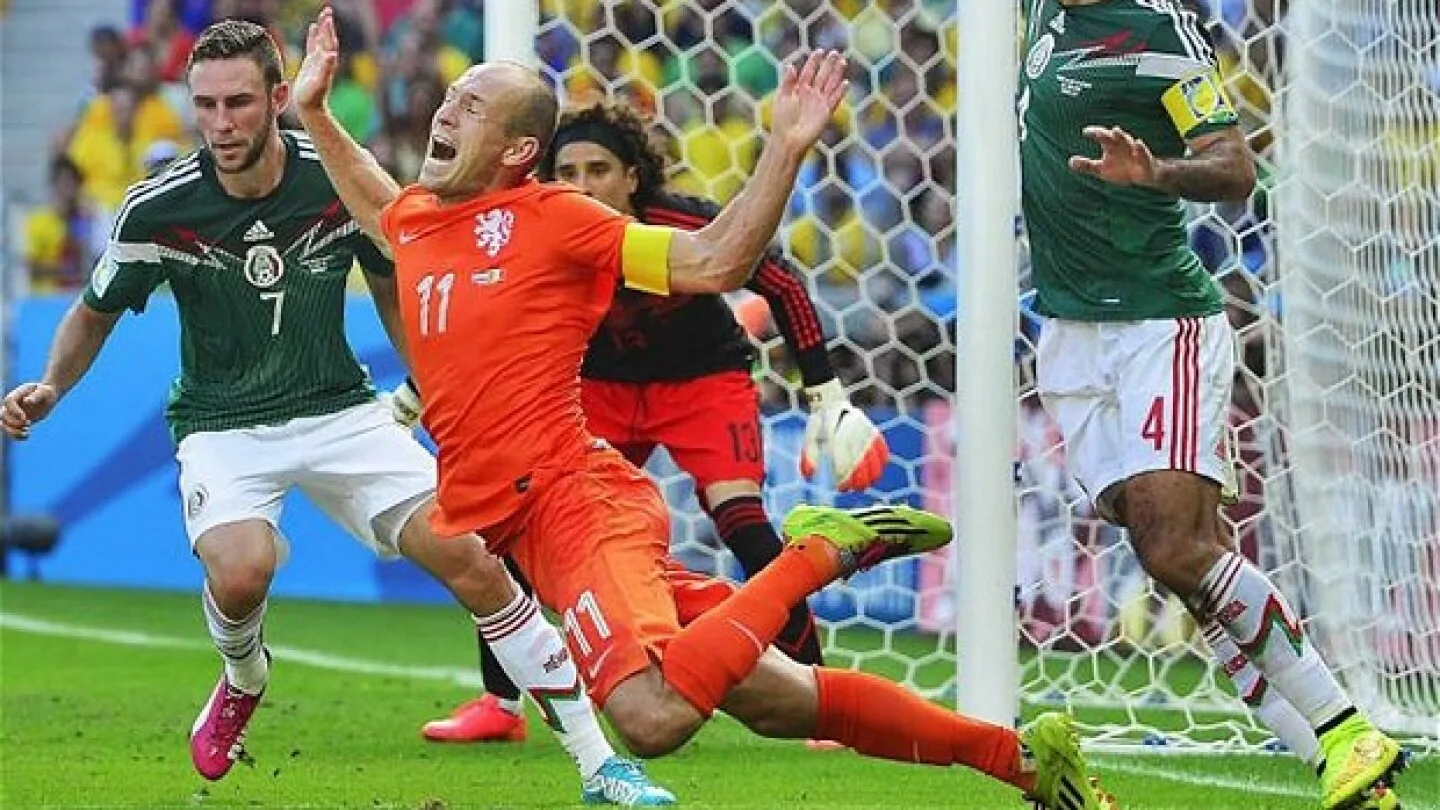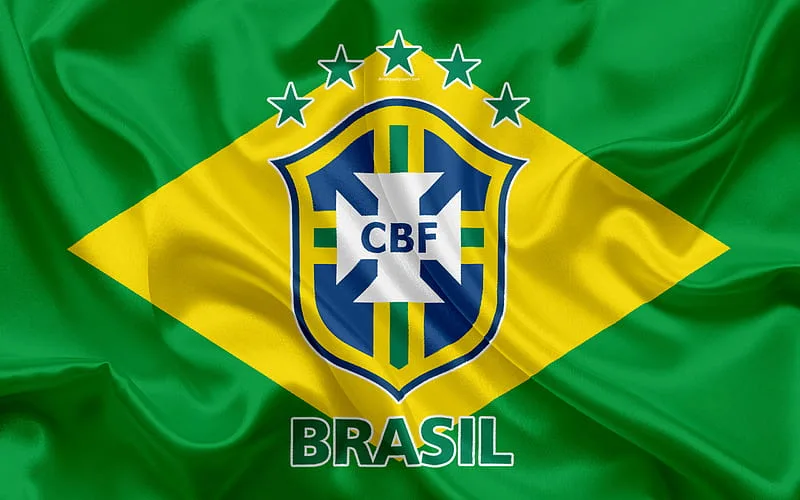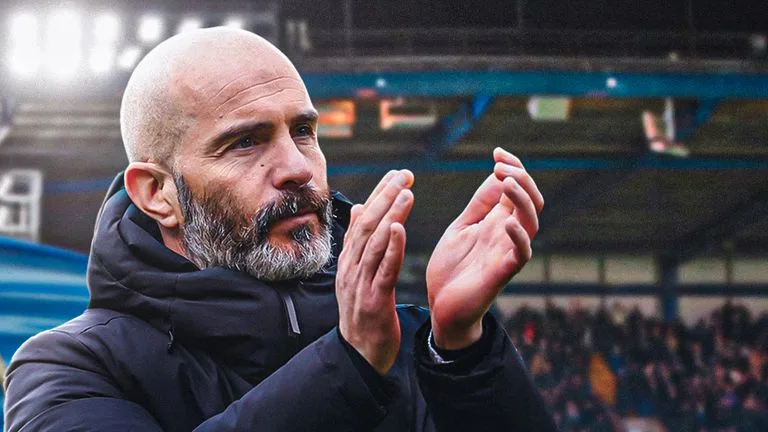Diving in football has become a contentious issue in recent years. While some argue that it is a necessary tactic to gain an advantage, others see it as a form of cheating and unsportsmanlike behavior. Regardless of which side of the debate one falls on, there is no denying that some players have become notorious for their diving antics on the pitch.
These players, often referred to as the Kings of Diving, have honed their craft to perfection, often fooling referees into awarding free kicks, penalties, or even red cards. From the likes of Luis Suarez to Didier Drogba, these players have become infamous for their theatrical displays of diving, often causing controversy and heated debates among fans and pundits alike. In this article, we’ll take a closer look at some of the most notable Kings of Diving in football history and explore the psychology behind their behavior.
Key Takeaways
- Some football players have become notorious for their diving antics on the pitch, often referred to as the Kings of Diving.
- The behavior of these players has caused controversy and heated debates among fans and pundits alike.
- Exploring the psychology behind diving can help us understand why some players resort to this unsportsmanlike behavior.
Origins of Diving in Football
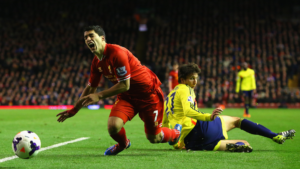
Diving, also known as simulation, is a phenomenon that has plagued football for decades. It is an attempt by a player to deceive the referee by pretending to have been fouled. The player will often fall to the ground and writhe in apparent agony, hoping to win a free kick or penalty for their team.
The origins of diving in football are unclear, but it is thought to have started in the early 20th century. The first recorded instance of diving was in a game between Scotland and England in 1908. Scottish player, Alex Raisbeck, fell to the ground clutching his leg after a challenge from an English player. The referee awarded a free kick to Scotland, but it was later revealed that Raisbeck had not been touched.
Since then, diving has become more prevalent in football, with some players becoming notorious for their theatrics on the pitch. One of the most famous divers in football history is Brazilian forward Rivaldo. During the 2002 World Cup, Rivaldo was hit on the leg by a ball kicked by a Turkish player. Despite the ball hitting him on the leg, Rivaldo fell to the ground clutching his face. The Turkish player was sent off, and Brazil went on to win the game.
Another notorious diver is Portuguese forward Cristiano Ronaldo. Ronaldo has been accused of diving on numerous occasions throughout his career, with some critics claiming that he goes to ground too easily. However, Ronaldo has defended himself, stating that he is not a diver and that he only falls to the ground when he is genuinely fouled.
In recent years, diving has become a major talking point in football, with some calling for stricter penalties for players who simulate fouls. However, it remains to be seen whether football’s governing bodies will take action to eradicate diving from the game.
Notable Kings of Diving
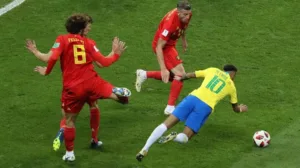
Football is a sport that requires immense physical and mental strength, but sometimes players resort to diving to gain an unfair advantage. Over the years, there have been several notable kings of diving who have gained notoriety for their antics on the pitch.
Diego Maradona
Diego Maradona is widely regarded as one of the greatest footballers of all time, but he was also notorious for his diving. In the 1986 World Cup quarterfinals, Maradona scored the infamous “Hand of God” goal and also dived to win a penalty that led to another goal. Despite his diving antics, Maradona’s skill and talent on the pitch cannot be denied.
Jurgen Klinsmann
Jurgen Klinsmann was a prolific striker for Germany and Tottenham Hotspur, but he was also known for his diving. Klinsmann’s diving antics earned him the nickname “Klinsi” and he even poked fun at himself by celebrating a goal with a mock dive in his first game for Tottenham.
Rivaldo
Rivaldo was a Brazilian forward who was known for his skill and trickery on the pitch, but he was also notorious for his diving. In the 2002 World Cup, Rivaldo famously feigned injury after being hit in the leg by the ball, leading to a red card for the opposing player. Rivaldo’s diving antics tarnished his reputation as a player.
Cristiano Ronaldo
Cristiano Ronaldo is one of the greatest footballers of all time, but he has also been accused of diving on several occasions. Ronaldo’s diving antics have earned him criticism from fans and pundits alike, but his talent and skill on the pitch cannot be denied.
Neymar Jr.
Neymar Jr. is a Brazilian forward who is known for his skill and flair on the pitch, but he has also gained notoriety for his diving. In the 2018 World Cup, Neymar Jr. was widely criticized for his exaggerated reactions to tackles and fouls. Despite his diving antics, Neymar Jr. remains one of the most talented players in the world.
In conclusion, diving is a controversial aspect of football, and while these players may have gained notoriety for their diving antics, they cannot be denied their talent and skill on the pitch.
Psychology Behind Diving
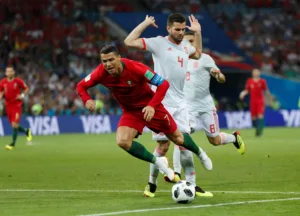
Diving, or simulation, is a controversial aspect of football that has been a part of the game for many years. While some players dive to gain an advantage, others do it to deceive the referee and win a free kick or penalty. The psychology behind diving is complex and involves a range of factors.
One of the main reasons why players dive is to gain an advantage over their opponents. By exaggerating contact with an opposing player, a player can trick the referee into awarding a free kick or penalty. This can be particularly effective in the penalty area, where a foul can result in a penalty kick, which is a high-scoring opportunity.
Another reason why players dive is to deceive the referee. By simulating contact, a player can make it appear as though they have been fouled, even if they have not. This can be particularly effective if the referee is not in a good position to see the incident or if the opposing player is known for fouling.
Research has shown that diving is more prevalent in football than in other sports. This is partly due to the fact that football is a low-scoring sport, and a free kick or penalty can have a significant impact on the outcome of a game. Additionally, the physical nature of football means that there is a lot of contact between players, which can make it difficult for referees to judge whether a foul has been committed.
Overall, the psychology behind diving is complex and involves a range of factors. While some players dive to gain an advantage, others do it to deceive the referee. The prevalence of diving in football is partly due to the low-scoring nature of the sport and the physical nature of the game.
Impact of Diving on Game Outcomes
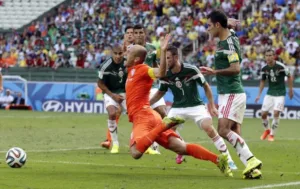
Diving is one of the most controversial aspects of football. It has been known to impact game outcomes in various ways. For instance, a dive can lead to a free-kick or a penalty, which can result in a goal. This can ultimately change the course of a game and affect the final result.
Moreover, diving can also lead to a player being booked or sent off. This can have a significant impact on the game, especially if the player in question is a key player for their team. A team playing with 10 men is at a disadvantage and is more likely to concede goals.
Furthermore, diving can also have a psychological impact on the opposing team. It can lead to frustration and anger, which can affect their performance on the field. This can ultimately lead to mistakes and poor decision-making, which can result in goals for the opposing team.
Overall, diving has a significant impact on game outcomes. It can change the course of a game, lead to goals, bookings, and send-offs, and have a psychological impact on the opposing team. It is crucial for referees to be vigilant and make the right decisions when it comes to diving to ensure fair play and a level playing field for all teams.
Diving and Refereeing
Diving has been a part of football for as long as the sport has been played. It is a tactic used by players to deceive the referee and gain an unfair advantage. Referees are tasked with the difficult job of determining whether a foul has been committed or whether a player has dived.
Referees have a difficult job in determining whether a player has dived. They must make a split-second decision based on what they see on the field. Referees are trained to look for certain signs of diving, such as a player falling to the ground without any contact, or a player exaggerating the contact they received. Referees are also trained to look for signs of simulation, such as a player holding their face or rolling around on the ground after a minor contact.
Despite the best efforts of referees, diving remains a problem in football. Players continue to dive in an attempt to gain an advantage, and referees continue to struggle to determine whether a foul has been committed or whether a player has dived. This has led to calls for the introduction of video technology to help referees make more accurate decisions.
In conclusion, diving is a problem in football that referees are tasked with dealing with. Referees must make split-second decisions based on what they see on the field, and they are trained to look for signs of diving and simulation. Despite this, diving remains a problem in football, and there are calls for the introduction of video technology to help referees make more accurate decisions.
Cultural Attitudes Towards Diving
Diving, or simulation, is a controversial topic in football. It refers to a player intentionally falling to the ground or exaggerating contact with an opponent in order to deceive the referee into awarding a free kick, penalty, or even a red card to the opposing player.
There are different cultural attitudes towards diving in football. In some countries, such as Italy and Spain, diving is seen as a legitimate tactic to gain an advantage, while in others, such as England, it is considered as cheating and unsportsmanlike behavior.
The reasons for these different attitudes are complex and can be traced back to historical, social, and even political factors. For example, in Italy, where diving is known as “la furbizia del calcio” (the cunning of football), it is seen as a way to outsmart the opponent and win the game, which is highly valued in a society that has a long tradition of political corruption and rule-breaking. In contrast, in England, where fair play and sportsmanship are highly valued, diving is seen as a betrayal of these values and a violation of the spirit of the game.
The attitudes towards diving are also influenced by the media, which often portrays divers as villains and cheats. This can create a moral panic and lead to calls for harsher punishments, such as retrospective bans or fines, which can further stigmatize divers and discourage them from using this tactic.
Despite the controversies surrounding diving, it remains a common and often effective tactic in football, especially in high-stakes games where the difference between winning and losing can be a matter of inches or seconds. As such, it is likely to remain a contentious issue in the football world for years to come.
Anti-Diving Measures
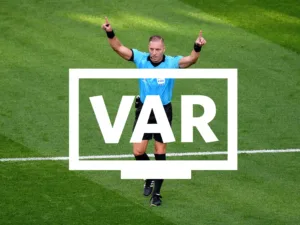
Football’s governing bodies have implemented several measures to curb diving in the sport. The following are some of the measures:
Yellow and Red Cards
Referees are authorized to caution players who engage in diving by issuing a yellow card. If a player receives two yellow cards in a game, they will be shown a red card and sent off. The punishment for diving is more severe if it occurs in the penalty area, where a penalty kick is awarded to the opposing team.
Video Assistant Referee (VAR)
The Video Assistant Referee (VAR) system has been introduced in several leagues to assist referees in making decisions. VAR technology allows referees to review footage of contentious incidents, including diving, to determine whether a player has committed an offense. If a player is found to have dived, they may be cautioned or sent off, depending on the severity of the offense.
Fines and Suspensions
Football’s governing bodies have implemented fines and suspensions for players who engage in diving. For example, the English Football Association can fine players up to £30,000 and suspend them for up to two matches for simulation.
Public Shaming
Some football clubs have taken matters into their own hands by publicly shaming players who engage in diving. For example, in 2017, West Ham United published a video on their social media accounts highlighting a number of incidents in which players had dived to win penalties.
Overall, while diving remains a contentious issue in football, the measures outlined above have gone some way in reducing the prevalence of the practice.
Evolution of Diving Over Decades
Diving has been a part of football for many years, and it has evolved over time. In the early days of football, diving was not as common as it is today. However, as the game became more competitive, players began to use diving as a way to gain an advantage over their opponents.
In the 1980s, diving became more prevalent in football. Players would often exaggerate contact in order to win free kicks or penalties. However, referees were not always able to detect when a player was diving, and this led to some controversial decisions.
Over the years, diving has become more sophisticated. Players are now able to simulate contact in a way that is almost indistinguishable from actual contact. This has made it even more difficult for referees to make the right decision.
To combat diving, football authorities have introduced harsher punishments for players who are caught diving. For example, players can now be given a yellow card for diving, and in some cases, they can even be sent off.
Despite these measures, diving continues to be a problem in football. Some players still see it as a legitimate way to gain an advantage, and they will continue to use it until the authorities find a way to eradicate it from the game.
Overall, the evolution of diving in football has been a contentious issue. While some players see it as a legitimate tactic, others view it as cheating. As the game continues to evolve, it will be interesting to see how football authorities continue to tackle the issue of diving.
Frequently Asked Questions
Who are the most infamous divers in football history?
Over the years, there have been several players who have gained notoriety for their diving antics on the pitch. Some of the most infamous divers in football history include Cristiano Ronaldo, Neymar, Luis Suarez, and Arjen Robben.
Which footballer has the reputation for the worst dives?
While there are several players who have a reputation for diving, one player who stands out for his theatricality and exaggerated falls is Sergio Busquets. The Barcelona midfielder has been accused of diving on several occasions, with some of his most infamous incidents coming in the Champions League.
What are the most controversial diving incidents in football?
There have been several controversial diving incidents in football history, with some of the most memorable ones including Diego Maradona’s infamous “Hand of God” goal at the 1986 World Cup, and Luis Suarez’s bite on Italy’s Giorgio Chiellini at the 2014 World Cup.
How has diving affected the reputation of players in football?
Diving has long been a controversial issue in football, with many fans and pundits criticizing players who dive to win free kicks or penalties. Players who are known for diving often have a negative reputation among fans and opponents alike, with many accusing them of cheating.
Which football players are known for their diving skills?
While diving is generally seen as a negative trait in football, there are some players who are known for their diving skills. These include Neymar, who is often criticized for his theatrical falls, and Cristiano Ronaldo, who has been known to exaggerate contact in order to win free kicks and penalties.
How do referees handle diving in professional football matches?
Referees are trained to look out for diving and are encouraged to book players who they believe are trying to deceive them. However, diving can be difficult to spot in real-time, and some players are very good at making it look like they have been fouled. As a result, referees sometimes make mistakes and book players who have not actually dived, or fail to book players who have.
More Articles:
Also See: The Problem of Racism in Brazilian Football: A Clear Overview
Also See: The Usage of VAR Technologies in Football: A Comprehensive Overview
